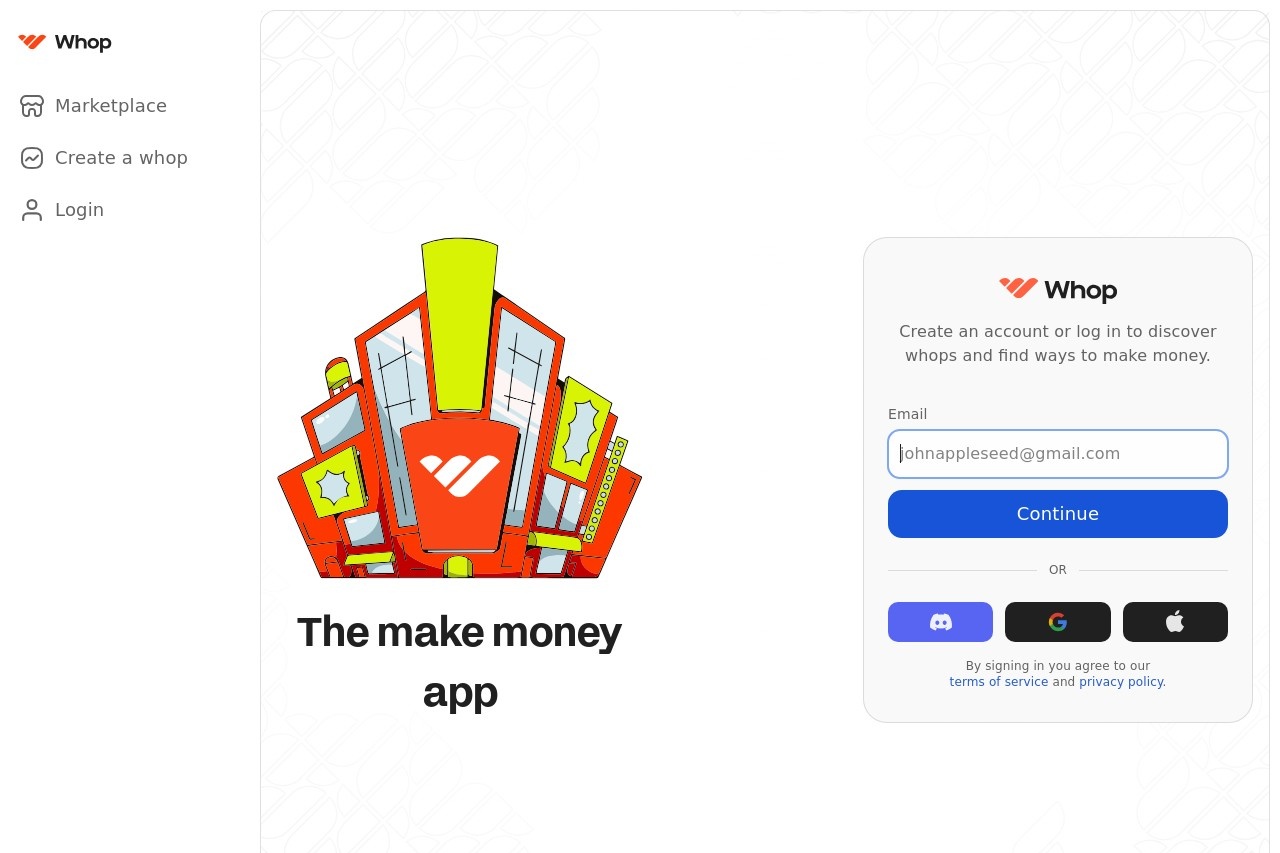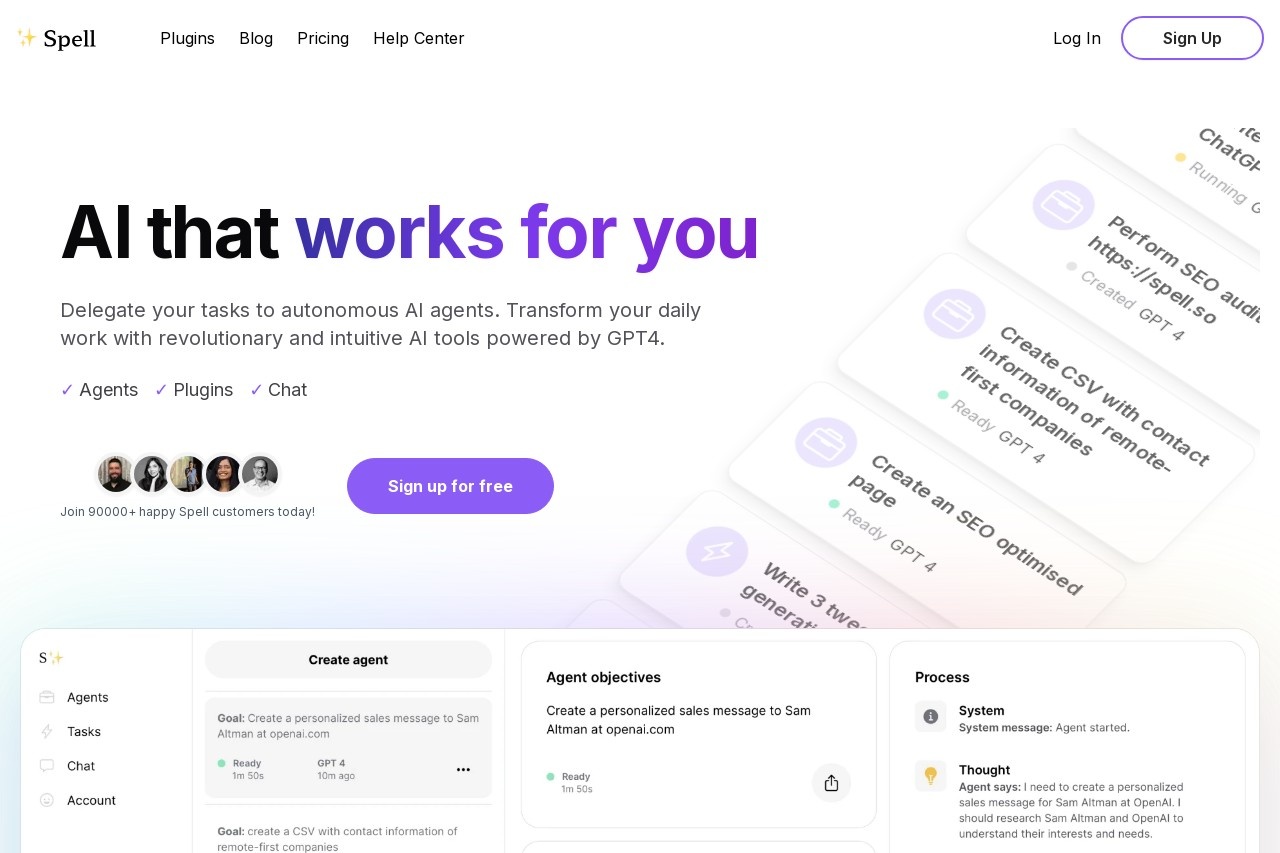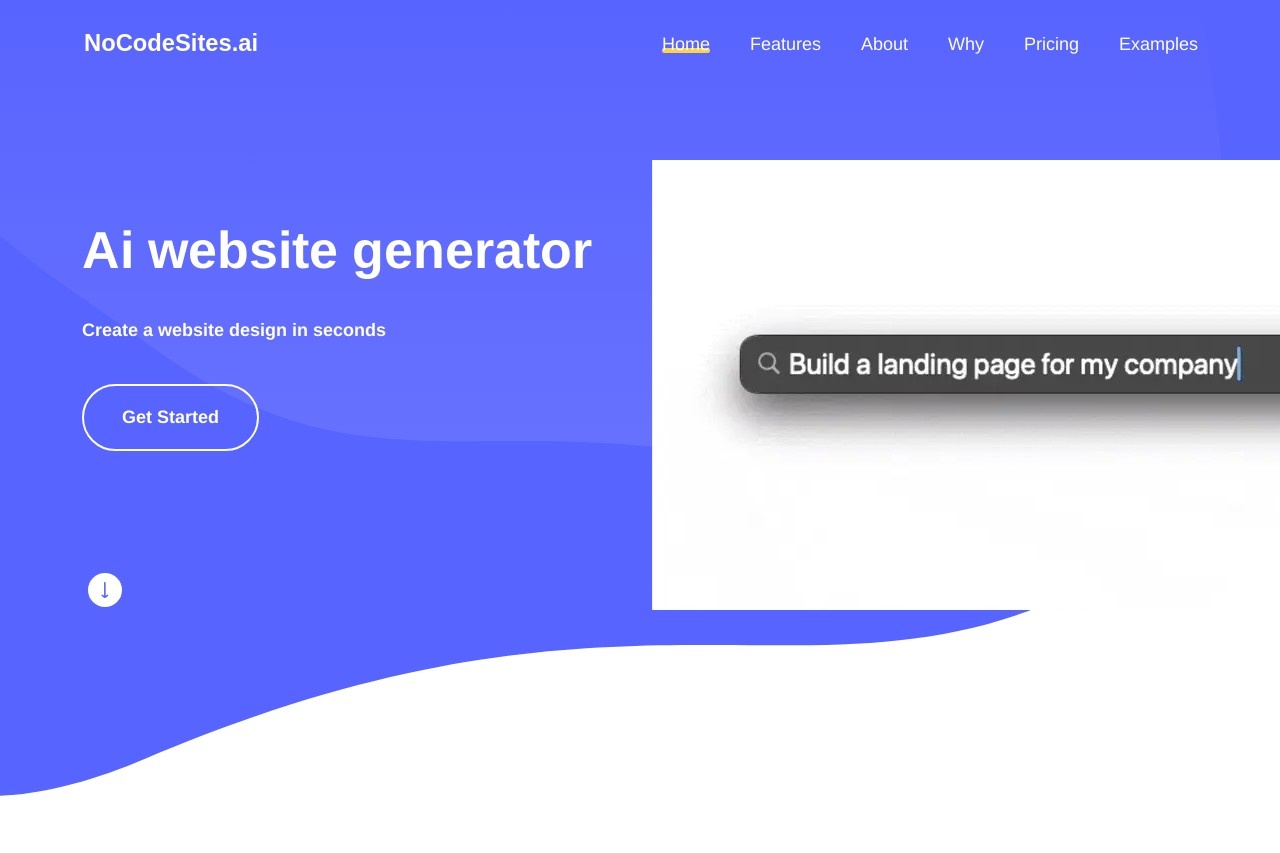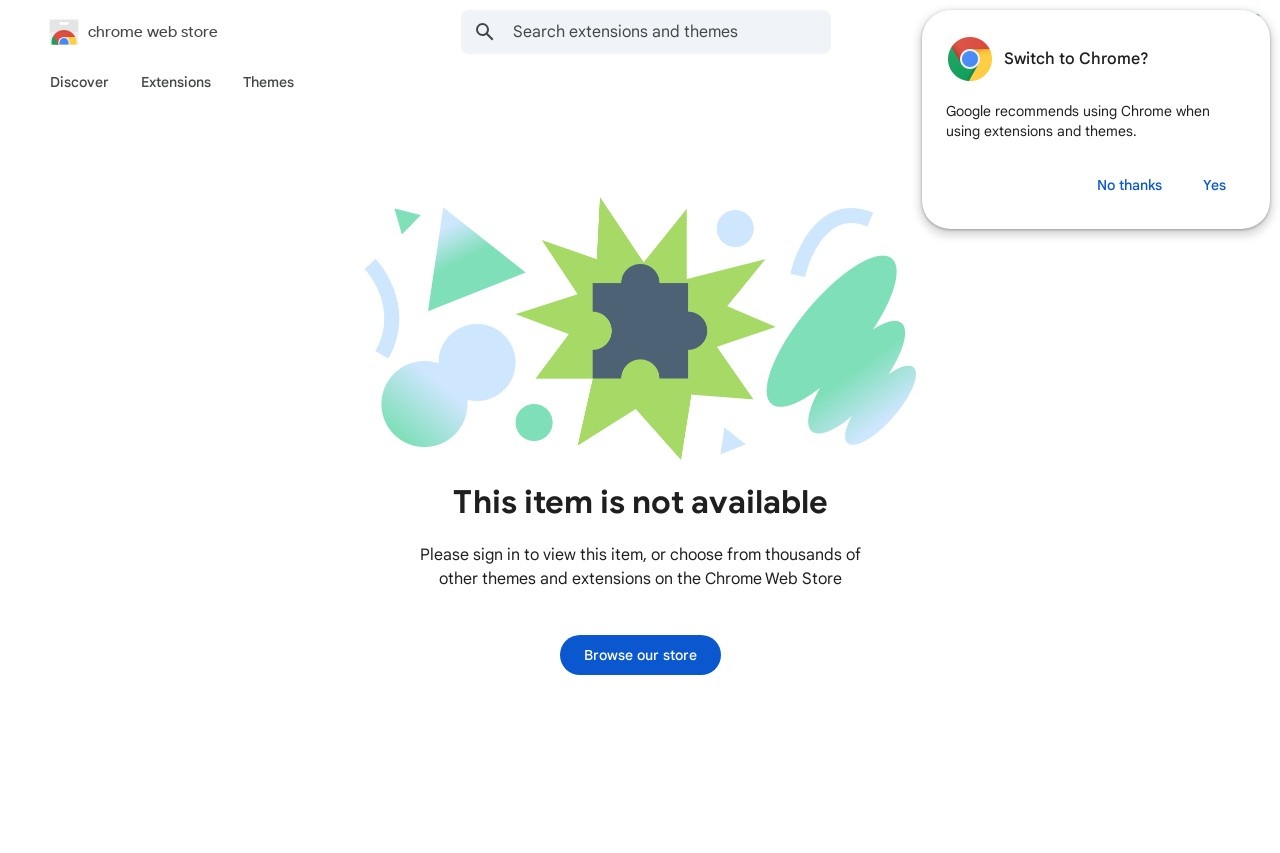Vercel
Vercel: A Security Checkpoint for Modern Web Services
Vercel has emerged as a leading platform for deploying and hosting modern web applications. With its focus on developer experience and performance, it also prioritizes robust security measures to protect both developers and end-users.
Key Security Features
- Edge Network Protection: Vercel's global edge network includes DDoS mitigation and Web Application Firewall (WAF) capabilities
- Isolated Deployments: Each deployment runs in an isolated environment, preventing cross-contamination
- Automated HTTPS: All deployments receive SSL certificates automatically through Let's Encrypt
- Environment Variables: Secure storage and management of sensitive configuration data
Security Best Practices on Vercel
While Vercel provides strong foundational security, developers should implement additional measures:
- Regularly rotate API keys and access tokens
- Implement proper CORS policies for APIs
- Use Vercel's built-in analytics to monitor traffic patterns
- Enable two-factor authentication for team accounts
Compliance and Certifications
Vercel maintains several important compliance standards:
- SOC 2 Type II certification
- GDPR compliance for data protection
- Regular third-party security audits
As web security threats evolve, Vercel continues to enhance its security posture through continuous monitoring, rapid incident response, and transparent communication with its user community.
Vercel: A Security Checkpoint for Modern Web Development
Vercel is a cloud platform designed to help developers build, deploy, and scale modern web applications with ease. Known for its seamless integration with frontend frameworks like Next.js, Vercel provides a robust security infrastructure to protect applications from potential threats.
Key Security Features of Vercel
- Edge Network Protection: Vercel's global edge network includes built-in DDoS mitigation and Web Application Firewall (WAF) to filter malicious traffic.
- Automated HTTPS: All deployments on Vercel are automatically secured with SSL/TLS certificates, ensuring encrypted data transmission.
- Isolated Serverless Functions: Each function runs in a secure, isolated environment to prevent cross-contamination between services.
- Environment Variables Encryption: Sensitive data like API keys are encrypted at rest and only decrypted during runtime.
Why Security Matters in Vercel
As web applications handle increasing amounts of user data, security becomes non-negotiable. Vercel addresses this by implementing multiple layers of protection:
- Real-time monitoring for suspicious activity
- Automatic security updates for underlying infrastructure
- Integration with security tools for vulnerability scanning
Best Practices for Vercel Security
While Vercel provides strong default security, developers should also:
- Regularly rotate API keys and access tokens
- Implement proper authentication for sensitive routes
- Review deployment permissions and team access levels
- Monitor audit logs for unusual activity
By combining Vercel's built-in security features with developer best practices, teams can create web applications that are both powerful and protected against modern threats.
















